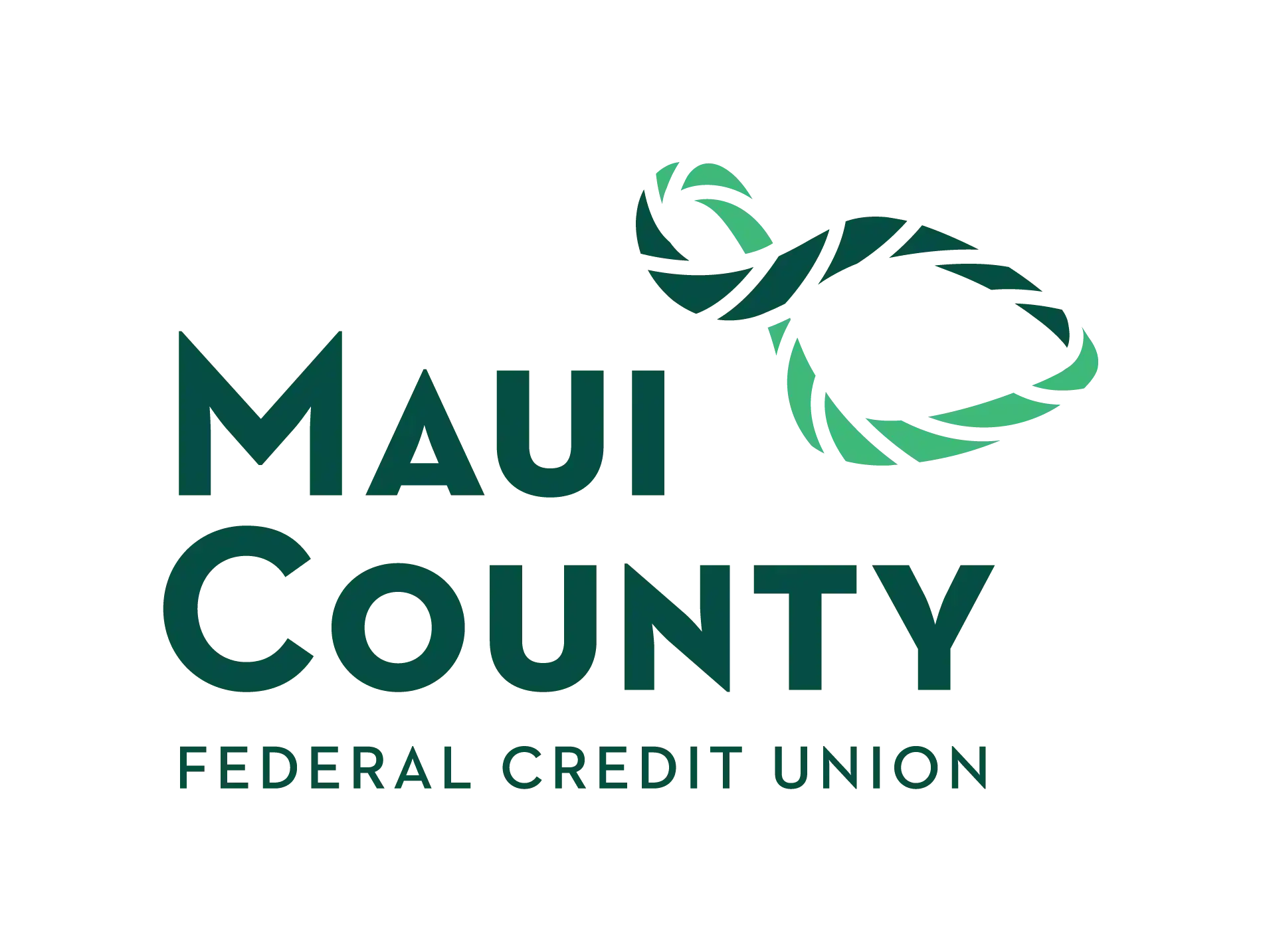FDA Posts Guide on New Produce Safety Regulations
The US Food and Drug Administration has posted a guidance document that includes recommendations for small farms seeking to comply with the new produce safety regulations under the Food Safety Modernization Act.
The FDA website states that to better protect public health it published in the Federal Register the final rule entitled “Standards for the Growing, Harvesting, Packing, and Holding of Produce for Human Consumption” (the produce safety rule).
“The produce safety rule establishes, for the first time, science-based minimum standards for the safe growing, harvesting, packing and holding of fruits and vegetables grown for human consumption. The regulations are found at Title 21 of the Code of Federal Regulations part 112 (21 CFR part 112).”
Key Requirements include:
- Agriculture Water – including testing of water
- Biological Soil Amendments – including Raw Manure and Stabilized Compost
- Sprouts – New requirements to help prevent the contamination of sprouts, which have been frequently associated with foodborne illness outbreaks
- Domesticated and Wild Animals
- Worker Training Health/Hygiene
- Equipment, Tools, and Buildings
Commodities and Farms that are exempt from the requirements are:
- Farms with produce sales less than $25K per year (during the previous three year period)
- Food grains – not produce and therefore are not covered
- Produce that is rarely consumed raw (including: asparagus; black beans, great Northern beans, kidney beans, lima beans, navy beans, and pinto beans; garden beets, (roots and tops) and sugar beets; cashews; sour cherries; chickpeas; cocoa beans; coffee beans; collards; sweet corn; cranberries; dates; dill (seeds and weed); eggplants; figs; ginger; horseradish; hazelnuts; lentils; okra; peanuts; pecans; peppermint; potatoes; pumpkins; winter squash; sweet potatoes; and water chestnuts
- Produce that is produced by an individual for personal consumption or produced for consumption on the farm or another farm under the same management
- Produce that receives commercial processing (“kill step” or other process) that adequately reduces the presence of microorganisms of public health significance is eligible for an exemption from part 112
- The average annual monetary value of all food (as defined in 21 CFR 112.3) the farm sold during the 3-year period preceding the applicable calendar year was less than $500,000, adjusted for inflation
For more information and links to the guidance document and the full produce safety rules, please click here.











